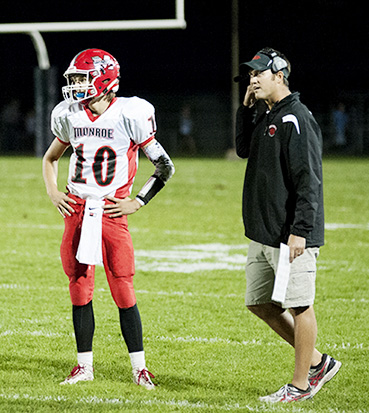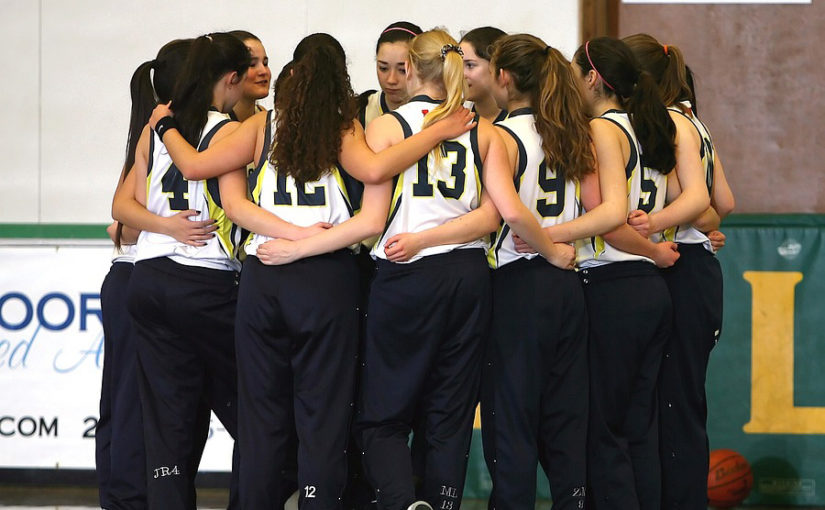Four tips for bonding with players
 This is imperative at all levels, especially those where children are more impressionable and reliant upon the support system your program provides. Based on input from youth and high school coaches, here are some ideas for developing the kind of relationship that benefits your entire team and translates to stronger effort on the field.
This is imperative at all levels, especially those where children are more impressionable and reliant upon the support system your program provides. Based on input from youth and high school coaches, here are some ideas for developing the kind of relationship that benefits your entire team and translates to stronger effort on the field.
Team retreats can be anything from camping to dinner at the coach’s home. Create an atmosphere that shows you’re opening up to them, and they might do the same.
2. Express interest in their lives. The minor details go a long way, especially in the eyes of a young athlete. If you make the effort to learn the names of their family members or mentally store tidbits of information about their friends, it shows that you’re listening and they’ll appreciate you for that. If a team member’s sister plays softball, ask him how she did at her most recent tournament. They want you to take an interest in their lives and if you show that you care, they’ll know that you’re trying to help them succeed, developing a stronger trust.
3. Give the players ‘ownership.’ Make sure players understand that they don’t play for your team — they play for our team. You’re the coach, so you’re the decision maker who ultimately makes the call, but giving your players some say can do wonders for their self-esteem.
That doesn’t mean letting the children determine plays or practice regimens — that’s your territory, and they should respect that. But let them vote on a team slogan or where they’ll have the postgame meal.
4. Be sensitive to their needs. Your players are still learning the game, so mistakes will be made. It’s how the coach and players handle those issues that determine whether they rebound or start to lose interest.
Respect from your players is one of the biggest assets you have as a coach. The minute you start to scold players publicly for their miscues, the house of cards begins to tumble. It’s perfectly OK to communicate errors to your players, but do so privately and offer solutions for how they can improve. They want you to be a teacher, and that’s what coaching is all about.







